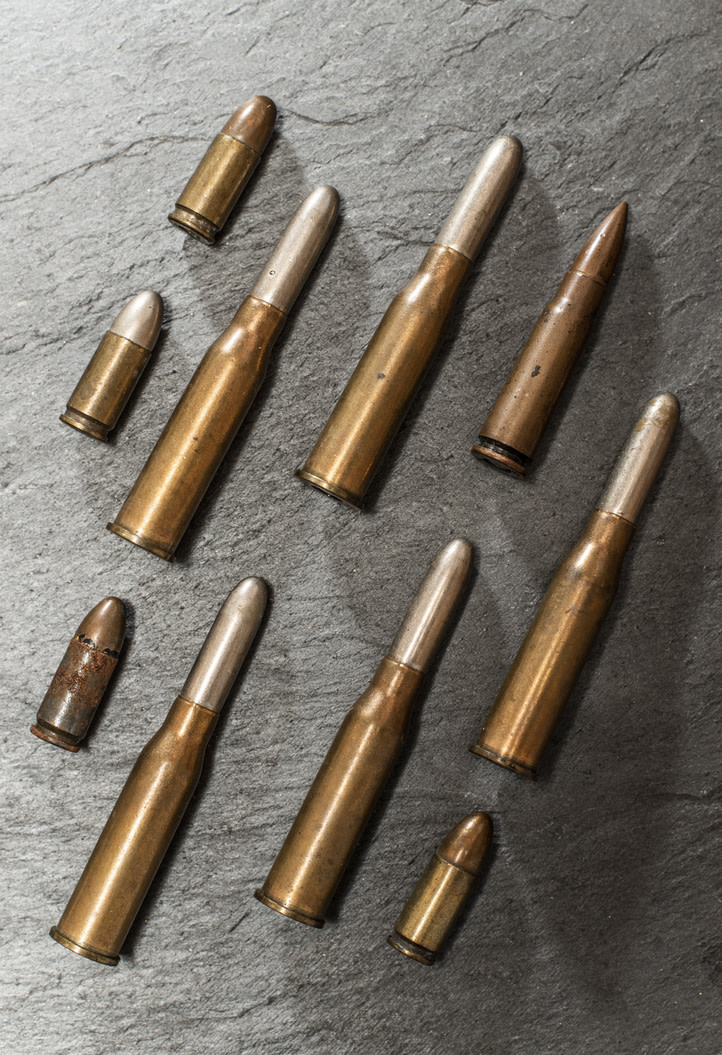In light of the ongoing Swords of Iron War and heightened tensions in the North, the Institute for National Security Studies (INSS) has released its assessment of Hezbollah's rocket and missile arsenal.
"Hezbollah is an Iranian-backed organization armed with a substantial arsenal of highly destructive weapons. It consists of both regular and reserve soldiers, estimated to be between 50,000 and 100,000 fighters. Furthermore, the Radwan Force, a highly trained commando unit with combat experience from conflicts in Syria, is believed to comprise approximately 2,500 fighters or more.
"Additionally, Hezbollah receives external support from Shia [Shi'ite] activists, including those from neighboring countries such as Afghanistan, Pakistan, Syria, and Iraq," the report states.
The report also highlights the "impressive means of attack" utilized by Hezbollah, consisting of an extensive stockpile of 150,000-200,000 rockets, submachine guns, and missiles, including hundreds of highly accurate and destructive missiles.

In the event of a conflict, the report indicates that countermeasures systems would need to be redirected to protect civilian and military infrastructure.
Hezbollah: 150,000-200,000 rockets
Based on publicly available information, the data suggests that Hezbollah possesses around 40,000 short-range rockets (15-20 km.), approximately 80,000 medium-to-long-range rockets such as Fajr 3 and 5, and roughly 30,000 long-range rockets and missiles (200-300 km.). The organization has also received a limited number of long-range Scud C and D missiles (700 km. ) from Syria.
Notably, several hundred Fatah 110 projectiles, equipped with precise GPS-based navigation systems and carrying around 500 kg. of explosives, possess significant accuracy and destructive potential.
Hezbollah is also equipped with high-quality C802 surface-to-air missiles from China and Yakhont missiles from Russia. Additionally, they possess sophisticated "Cornet" anti-tank missiles capable of launching mortar bombs, as well as SA-17 and SA-22 anti-aircraft missiles, capable of targeting ships and helicopters.
The INSS report also acknowledges Hezbollah's UAV capabilities, most of which are self-produced for attack and intelligence missions, with a range of up to 400 km. The organization also possesses hundreds of drones for various tactical purposes. Notably, Hezbollah's capabilities extend to the digital and electro-optical domains.
According to INSS, these findings necessitate heightened attention, increased surveillance, and constant alertness.
